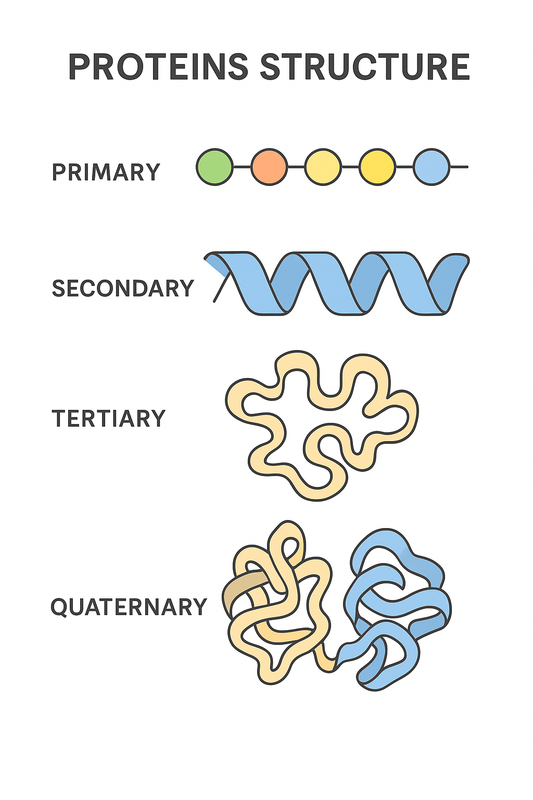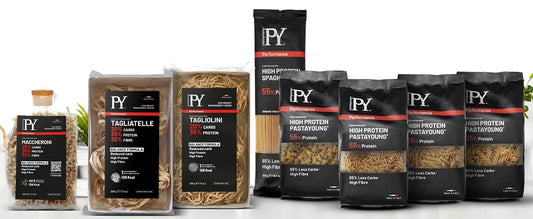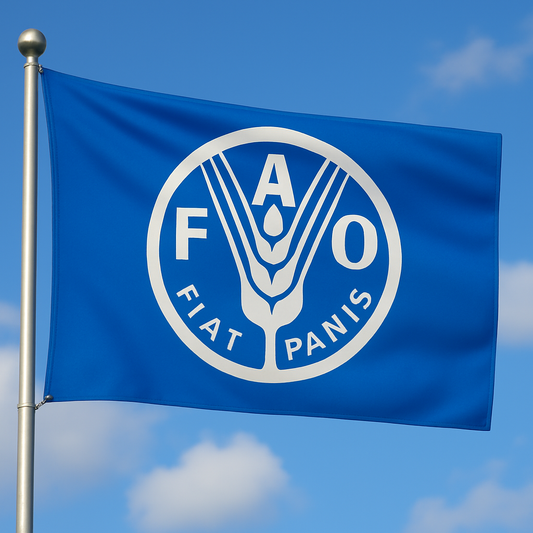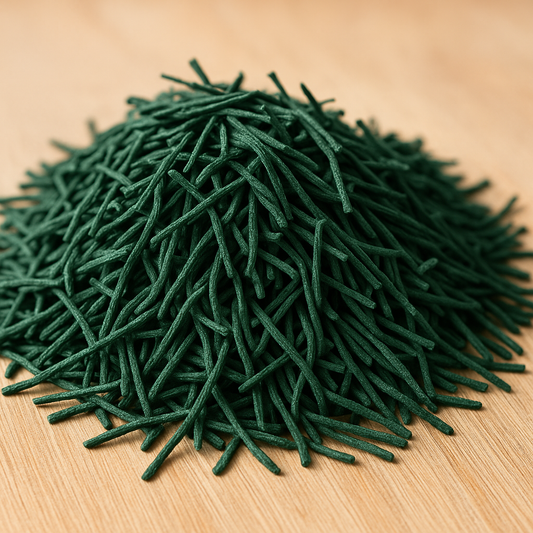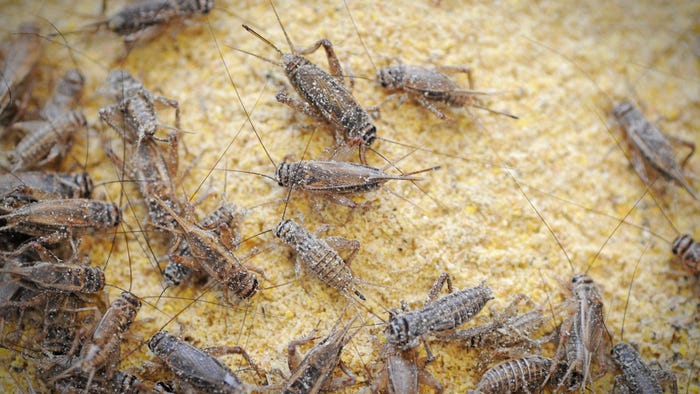
Are Wild-Caught Insects Safer Than Farmed Ones?
Share
As edible insects gain popularity as a sustainable protein source, one important question arises:
Is it safer to eat insects collected from the wild or those that are farmed?
The answer might surprise you — and it’s crucial for anyone considering insects as part of their diet.
Wild-Caught Insects: Natural, But Risky
At first glance, wild-caught insects seem like the “organic” choice. However, they come with several health risks:
- Pesticide Contamination: Insects from fields, forests, or urban areas may have been exposed to pesticides, herbicides, or other chemical pollutants (van Huis et al., 2013).
- Parasites and Pathogens: Wild insects can carry nematodes, bacteria, viruses, or fungi that survive if the insects are eaten raw or undercooked (Klunder et al., 2012).
- Heavy Metals: Insects from polluted environments may accumulate lead, mercury, or cadmium, posing serious health risks.
In short: wild insects are unpredictable, and consuming them without proper controls and processing can be dangerous.
Farmed Insects: Controlled and Safer
Insect farming is designed to produce edible insects under strict safety standards:
- Controlled Diet: Farmed insects are fed clean, monitored substrates to prevent contamination.
- Hygienic Conditions: Farms regulate temperature, humidity, and cleanliness to minimize disease risks.
- Health Monitoring: Regular pathogen and contaminant testing ensures food safety (EFSA, 2015.
- Regulated Processing: Harvested insects are blanched, freeze-dried, or roasted to eliminate potential pathogens.
The European Food Safety Authority confirms that farmed insects are safe for human consumption — provided they follow good farming and processing practices.

Why Farming Is Essential for Food Security
Beyond safety, farming insects ensures:
- Consistency in quality and nutritional value
- Traceability — you know exactly how and where your food is produced
- Sustainability — lower environmental impact than wild harvesting
FAO researchers suggest large-scale farmed insect production could be key to global food security in the coming decades.
Conclusion
Farmed edible insects are significantly safer than wild-caught ones. Although wild insects seem “more natural,” they carry risks of contamination and disease. Farmed insects, produced under controlled, hygienic conditions, are a much safer and more reliable source of edible protein.
If insects are to become a staple of the global diet, farming them responsibly is the safest path forward.
References
- van Huis, A. et al. (2013). Edible insects: Future prospects for food and feed security. FAO.
- Klunder, H.C., et al. (2012). Microbiological aspects of processing and storage of edible insects. Food Control.
- EFSA (2015). Risk profile related to production and consumption of insects as food and feed. EFSA Journal.

